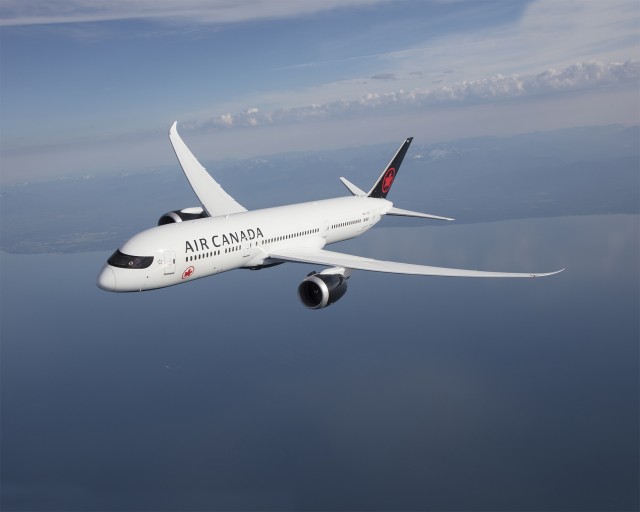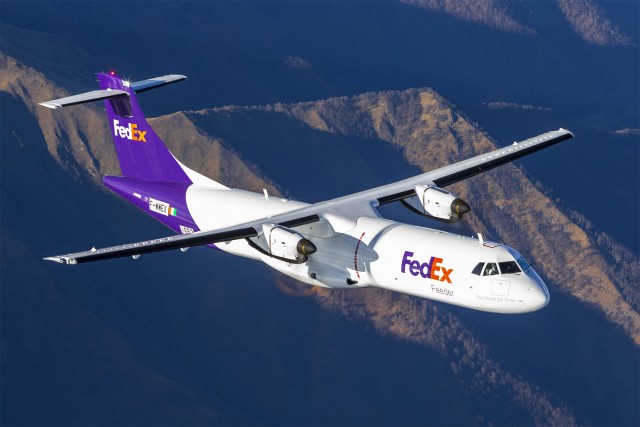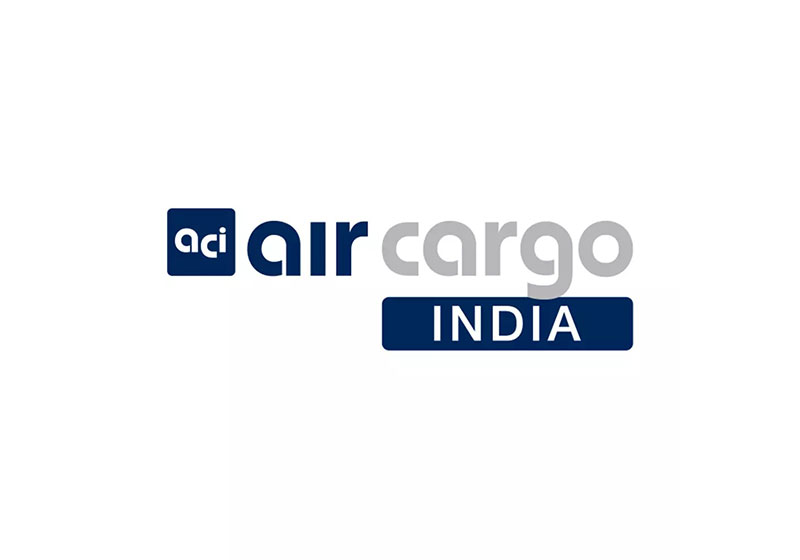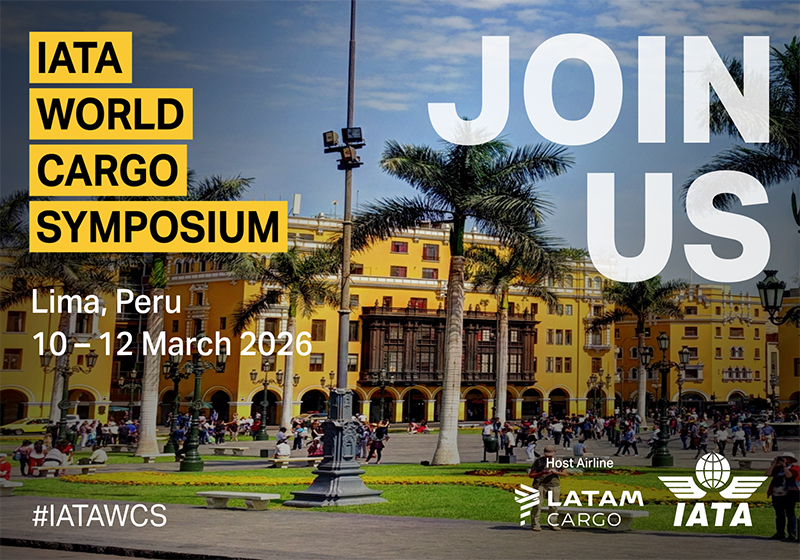Air Canada has said that with the flight of AC 7227 from Toronto to Lima it has now operated 4,000 all-cargo flights since launching into the cargo-only-flight business in March of 2020. By successfully establishing a dedicated, cargo-only operation, Air Canada Cargo is well-positioned to play a key role in carrying COVID-19 vaccine shipments for Canadians and to capture future growth opportunities in the global air cargo market.
"Air Canada Cargo has emerged as an outstanding performer during the COVID-19 crisis and was a key player in transporting medical equipment including PPE to Canada early on. It is impressive that the Cargo team re-engineered its business model and network for cargo-only flights in March and has now successfully operated 4,000 such flights onboard both mainline widebody aircraft, as well as seven transformed widebody aircraft enabling cargo transport in the cabin. These initiatives have helped solidify our ability to meet heightened demand for air cargo capacity globally and have contributed to the growth of Air Canada's successful Cargo division at an unprecedented pace," said Lucie Guillemette, Executive Vice President and Chief Commercial Officer. "This ability to quickly pivot exemplifies Air Canada's commitment to innovate and seize opportunities."
The 4,000th flight from Toronto to Lima carried an assortment of freight from around the world including pharmaceuticals, water purifying equipment and vehicle parts. Since the start of the pandemic, Air Canada Cargo has transported a wide range of goods on its cargo-only flights, including PPE for frontline healthcare workers.
In anticipation of the requirement for air cargo capacity to ship and distribute COVID-19 vaccines in Canada and worldwide, Air Canada Cargo has been working with its freight forwarding customers specialized in handling pharmaceutical shipments. Air Canada Cargo's role will be to provide capacity for vaccine shipments through agreements with international freight forwarders, governments or international agencies on scheduled or on-demand, cargo-only flights. As part of these supply chain preparations, Air Canada Cargo has undergone an extensive operational readiness exercise to ensure training, procedures and facilities are updated and reflect current requirements and standards for transporting pharmaceuticals, including achieving IATA's CEIV Pharma certification in July 2020.
Recently, Air Canada successfully concluded a collective agreement amendment with its pilots, represented by the Air Canada Pilots Association to enable Air Canada to competitively operate dedicated cargo aircraft. The airline is now finalizing plans to convert several of its owned Boeing 767-300ER aircraft to freighters to fully participate in global cargo commercial opportunities.






